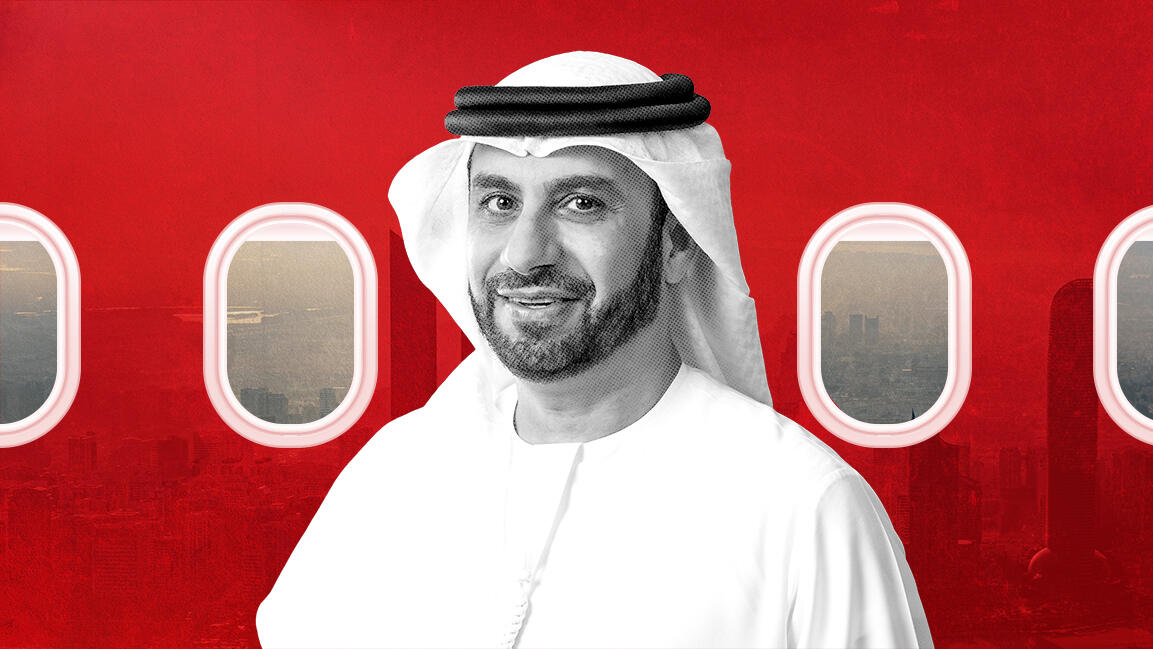- | 7:21 pm
Emirates Airline sees strong growth despite geopolitical uncertainty, says Adnan Kazim
In Africa, the airline is doubling down on both frequency and footprint. It is also expanding its fleet, particularly with the Airbus A350.

Despite global uncertainties, Emirates remains highly optimistic about its future and aggressively pursues expansion.
“We’ve lived through crises—pandemics, wars, economic shocks—and we’ve adapted every time,” said Adnan Kazim, Chief Operating Officer and Deputy President of Emirates Airline, on the sidelines of Arabian Travel Market 2025.
“Operating out of the Middle East, you quickly learn that volatility is part of the environment. What matters is how agilely you respond.”
In addition to geopolitical instability, airlines worldwide face more disruptions, he says, supply chain instability, fuel price volatility, and currency fluctuations. Despite these challenges, he said, “Demand remains resilient.”
“Despite everything going on, people are still flying. In fact, they’re traveling more than ever, especially to reconnect with loved ones or explore new destinations.”
MANEUVERING TURBULENT TIMES
“Instability in one part of the world pushes us to accelerate our strategy,” said Kazim. He shared how the airline focuses on increasing connectivity in Africa, India, and Southeast Asia.
In Africa, the airline is doubling down on both frequency and footprint. Cairo now sees nearly four daily flights. Johannesburg has gained a fourth service. “These are markets where air travel is essential, but underserved. We’re stepping in to fill that gap—confident that these regions are long-term growth stories.”
View this post on Instagram
Kazim also revealed Emirates is close to announcing new African routes, supported by Memorandums of Understanding with local governments and tourism bodies. “It’s about creating sustainable, two-way demand—not just flying passengers in, but also promoting outbound travel and economic exchange.”
FLEET STRATEGY AND GOALS
Emirates is expanding its fleet to support its diversification goals, particularly with the Airbus A350. These aircraft offer a tri-class configuration—Business, Premium Economy, and Economy—allowing Emirates to match capacity with demand in volatile or emerging markets.
“Today, we have four A350s. By summer 2025, we’ll have between 12 and 15, with 17 new destinations already mapped,” Kazim said. “These jets allow us to enter secondary markets—like Bologna, Lyon, and Edinburgh—where flexibility matters more than volume.”
He added that fleet agility is key to Emirates’ strategy. “We’re not just adding capacity for the sake of growth. We’re placing the right aircraft in the right markets—balancing opportunity with risk.”
STABILITY IN CONSUMER DEMAND
With consumer expectations on the rise and showing no signs of slowing down despite economic upheaval, Kazim shared on one of the airline’s key offerings that have grown: the steady rise of Premium Economy—a cabin that’s proving both resilient and profitable, even in uncertain times.
“People want more comfort, privacy, and service—but not necessarily at Business Class prices. Premium Economy fills that gap.”
To meet that demand, Emirates is retrofitting existing aircraft while ensuring all new A350s include the Premium Economy cabin. Over one million Premium Economy seats are already in operation, and the number is planned to double by the end of 2025.
“Almost 40% of our network will feature Premium Economy within two years,” Kazim said. “And that’s crucial—because a differentiated product helps anchor loyalty in uncertain markets.”
Kazim remains positive despite the unpredictable landscape. “Geopolitics will always be part of the equation—but they don’t define our strategy. They inform it. We adapt, grow smarter, and find new paths forward.”







































